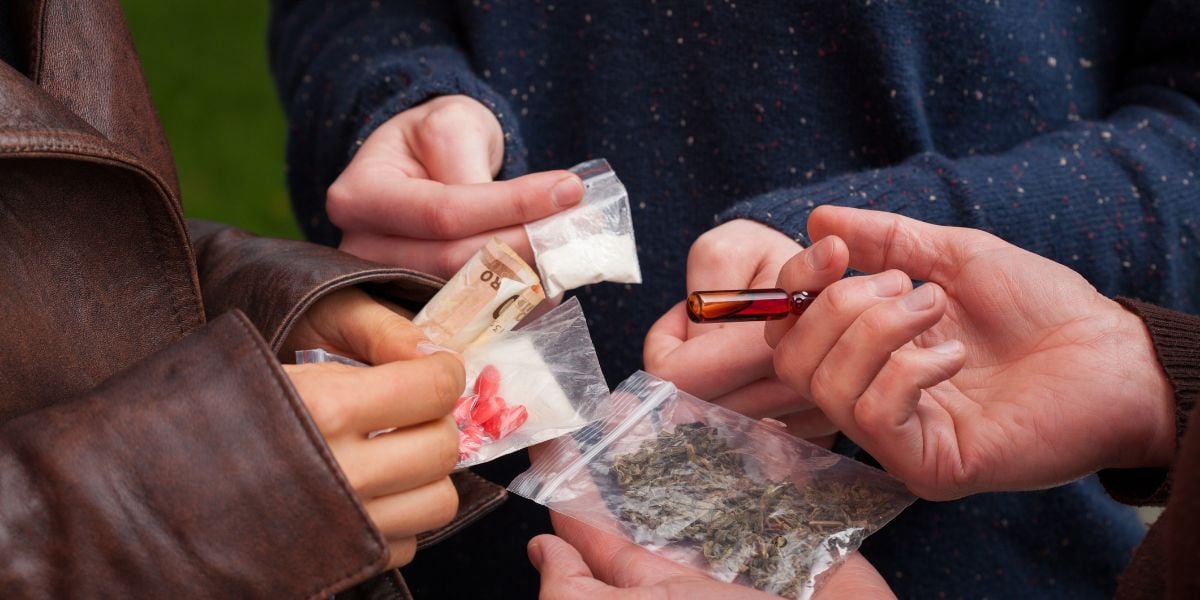Ecstasy is the street name for the chemical MDMA. Ecstasy is an oral drug best known for its energy boosting stimulant effects, becoming infamous in the early 1990s.
In fact, it’s seen as the original designer drug due to its well documented connection to dance music culture, which took off in the late 80s and early 90s.
Ecstasy is usually sold as a tablet, although it can also be found in its natural powder form (MDMA).
Ecstasy tablets, also known as ‘E’ pills or Es, often come in various colours and often feature designs or logos (usually a smiley face, made popular in the 1990s).
Drug class
In the UK, ecstasy is a Class A drug. Possession of the drug can range from a formal caution to an unlimited fine, arrest/prosecution and up to seven years in jail – extending to possible life imprisonment if convicted of supplying the drug to other people.
In addition, people caught driving whilst under the influence of drugs such as ecstasy are likely to receive a heavy fine plus a lengthy driving ba, and could also face time in jail.
Effects on the body
The main effect of ecstasy is that it produces seemingly boundless energy, which makes users feel alert, alive and “in tune” with their surroundings.
Music and colours seem more intense, and users often become chattier and affectionate with those around them, including both friends and strangers.
However, the drug can cause a number of physical side effects, including:
- Increased heartbeat
- Dilated pupils
- Tightened jaw muscles
- Reduced appetite
- Raised body temperature
Raised body temperature can also lead to overheating and dehydration (especially if used in a hot atmosphere, such as a club).
The mental effects can be just as worrying, with users often becoming:
- Anxious
- Panicky
- Confused
- Paranoid
The comedown following an E experience can also make people feel:
- Lethargic
- Irritable
- Depressed
Long-term use of ecstasy has also been linked to memory problems, depression and liver , kidney and heart problems
In addition, ecstasy is rarely pure MDMA, and so users may experience other side effects from other drugs and ingredients added to the E.
Possible effects on diabetes
As a stimulant, or an ‘upper’ drug, ecstasy can suppress appetite and cause the user to not feel the need for rest.
For people with diabetes, this is particularly concerning. Being unaware of whether you need a rest or not can result in hypoglycemia or low blood sugar, especially if the drug is taken whilst dancing.
This could ultimately lead to a hypo.
In addition, those who have diabetes and take ecstasy may make the mistake of omitting their insulin intake , which can lead to severe dehydration and exhaustion, if combined with dancing or raving.
Skipping insulin doses may also cause a dangerous diabetes complication known as diabetic ketoacidosis (DKA).





